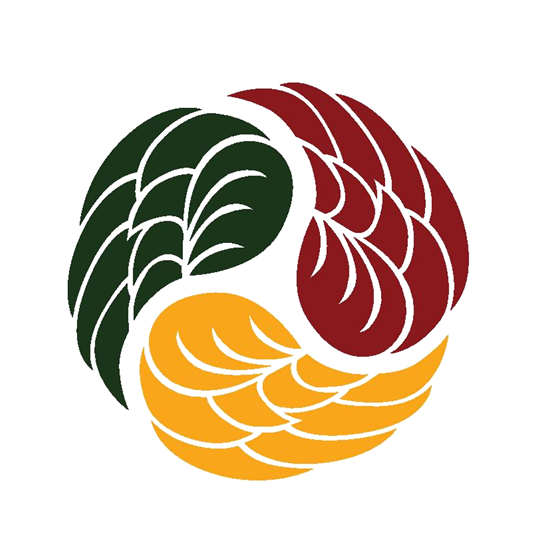Exploration and Expertise
“I’m not a lawyer, but I do play one on TV!”
A popular approach these days especially among Millennial and some Zoomer generation individuals is to create blogs, vlogs, and projects while giving full disclosure that they are neither experts nor professionals. Whether it’s health (calisthenics and yoga) or finance and savings, or even social and political commentary, a lot more people have the opportunity to share their opinions and experiences. As we’ve discussed before in an earlier post, an opinion doesn’t denote expertise, because an opinion can’t fly a plane or do brain surgery.
Likewise, in the field of fiscal sponsorship, funding, nonprofit work and social enterprise, people will have plenty of opinions–including from professionals in unrelated fields–that are both positive and negative. For example: a woman who fled Soviet Russia in the 1980s under Brezhnev and before Gorbachev doesn’t like communist political ideology, but she also remains a critic of capitalism, to the point that she said “White cat, black cat: if it’s still the same rat that is capitalism, isn’t that still bad?” Similar viewpoints from people working in finance might even outright think that nonprofits and social enterprise are a scam as they don’t see it as effective at all, oftentimes even writing it off as a scam.
Returning to the idea of opinions and experience, these people are professionals, but their experience (or lack thereof) informs their negative views of our field in nonprofit, fiscal sponsorship, and social enterprise. Likewise, there are people who have become jaded in their profession and find in the process of exploration and discovery why they are suddenly believers in our field.
There are several types of people who are exploring and discovering when they create content, especially on YouTube or other platforms. One type is the fresh mind, the one that is experimenting and letting you witness their journey. Sometimes, they give up midway through, other times, they seem pretty interesting with what they accomplish, from their fitness and health to cooking or coding and investing. In the process, they go from explorers to professionals, but this does not make them experts or authorities. They have experience and it is documented, but it should not impart the idea that they are experts, instead, it should show that you too can accomplish a lot without needing to be an “expert” yourself. So with this, we can take this kind of exploration as a means of inspiration, but not authority, and it’s worth checking out.
Another type is a person who has jumped from one field to another–either related or completely different. These people can come in two variants: worth checking out because their insight from another field can provide a framework to compare, such as a person who worked in tech deciding to do something creative and new, such as health (often yoga and vegan cooking), and their mindset of learning, hacking, and simplifying. You learn from their organizational skills and struggles this way. There is the other variant that is not always useful to check out, and these are the people who approach not with a mind of wonder, but a mind of presumption and doubt. A close parallel to this is the uncle at the dinner table visiting for Thanksgiving who criticizes everything you do or say because it doesn’t match his model for “success”. The key takeaway here is a lack of wonder and discovery: if you don’t even consider something, you lose out. Likewise, if wonder and discovery has a weakness in that it doesn’t inspire scrutiny to discern usefulness and accuracy, then people who approach from the angle of expertise in one field and presume expertise over everything else are outright ludicrous. An example of this is a person who declared himself a professor at a university and therefore he had authority over Chinese history–except his field is chemical engineering, and the person whom he was arguing with was waiting for him to put his foot in his mouth after he revealed that instead of being a nobody who was silent and asking questions was actually a professor in East Asian history.
What we can take away from these few variations of explorers is that we don’t have to always leave things to “experts”, especially the self-proclaimed experts, and that just because we aren’t experts doesn’t mean we can’t develop a good understanding that makes an impact.
When it comes to critical work in development, social enterprise, nonprofit work, and the like, you can have “experts” in finance and management, but you can’t ever find an “expert” in the soft skills that are often most crucial: people skills, social intelligence, cultural competence, and intercultural communication. Anyone who claims “expertise” over these is often pretentious, and unless they’re conducting a workshop introducing it, they might not be as helpful as they believe they are. It is a continuous exploration and learning process for these soft skills because people change–both those around you with the times, the culture in different countries, and you yourself.
Again: you don’t need to be an expert to have good insights and opinions, but it does help having practical knowledge to give you some qualified authority. What matters is that you don’t stop learning, and that you don’t give up learning once you’ve achieved a certain level of accomplishment and experience!

